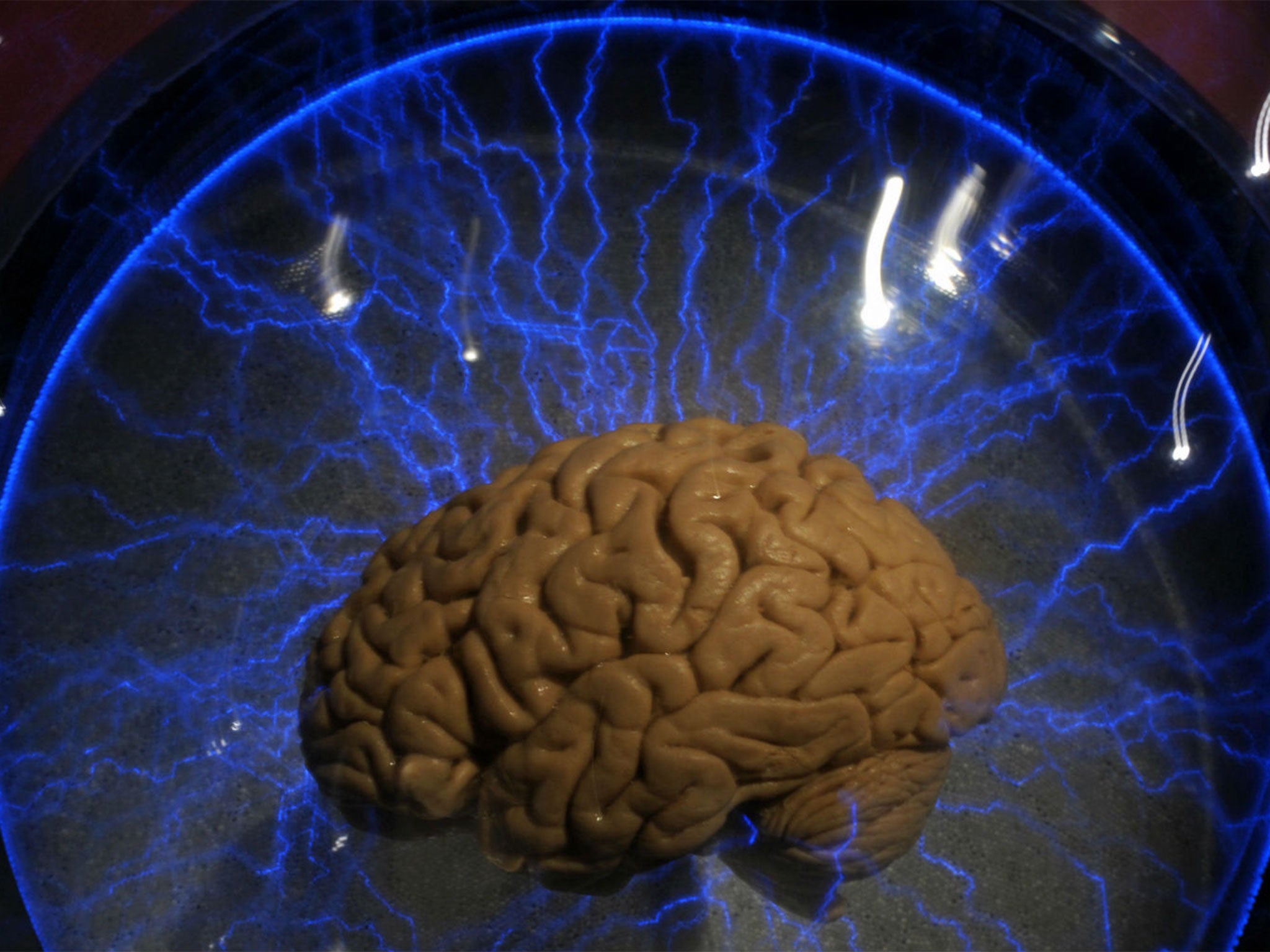Humans will become hybrids by 2030, says leading Google engineer, with tiny robots scurrying around our brain to help us think
One of the world’s leading inventors and thinkers about the future said our ‘thinking will be a hybrid of biological and non-biological thinking’ in 20 years

In the near future, humans’ brains will be helped out by nanobot implants that will make us into “hybrids”, one of the world’s leading thinkers has claimed.
Ray Kurzweil, an inventor and director of engineering at Google, said that in the 2030s the implants will help us connect to the cloud, allowing us to pull information from the internet. Information will also be able to sent up over those networks, letting us back up our own brains.
"We're going to gradually merge and enhance ourselves," he said, reported CNN. "In my view, that's the nature of being human — we transcend our limitations."
As the cloud that our brains access improves, our thinking would get better and better, Kurzweil said. So while initially we would be a “hybrid of biological and non-biological thinking”, as we moved into the 2040s, most of our thinking will be non-biological.
Kurzweil has been heralded as one of the most accurate and prominent predictors of the future, and addressed some of those forecasts during the talk at a conference in New York.
Of the predictions that Kurzweil has made since the 1990s, an estimated 86 per cent of them are thought to have been correct. But he pointed out that some of those that seem to have been wrong were still yet to come.
He had predicted that self-driving cars would be in use by the end of the last decade, for instance. And while that was wrong, it shows that technology develops along certain directions — meaning that it's not a question of whether certain innovations will arrive, but when.
"Now that's not completely wrong," he said. "If I had said 2015, I think it would've been correct, but they're still not in mainstream use. So even the [predictions] that were wrong were directionally correct."
Join our commenting forum
Join thought-provoking conversations, follow other Independent readers and see their replies
Comments
Bookmark popover
Removed from bookmarks